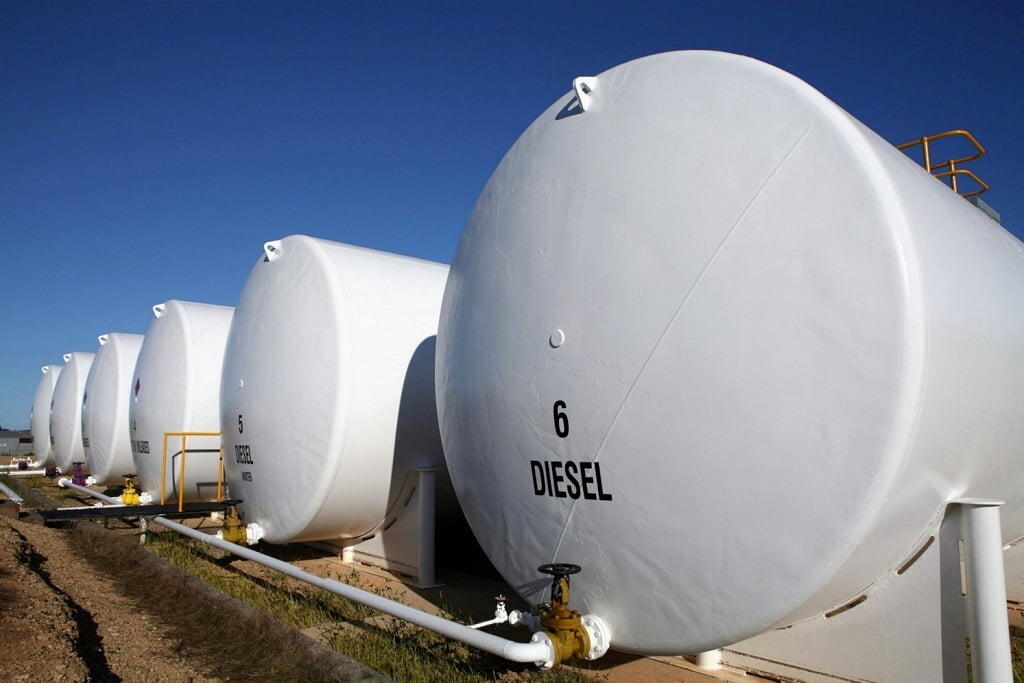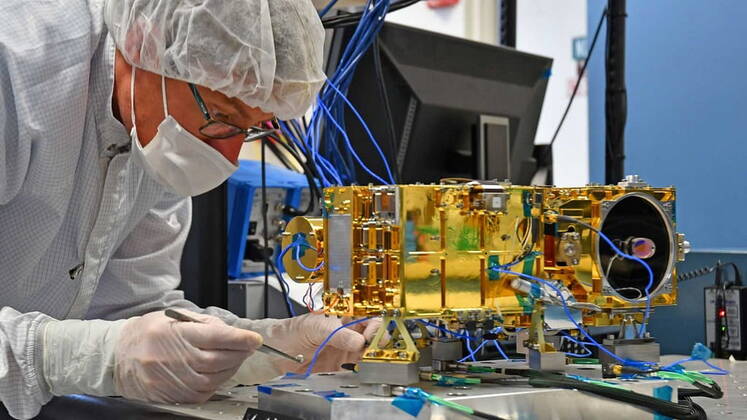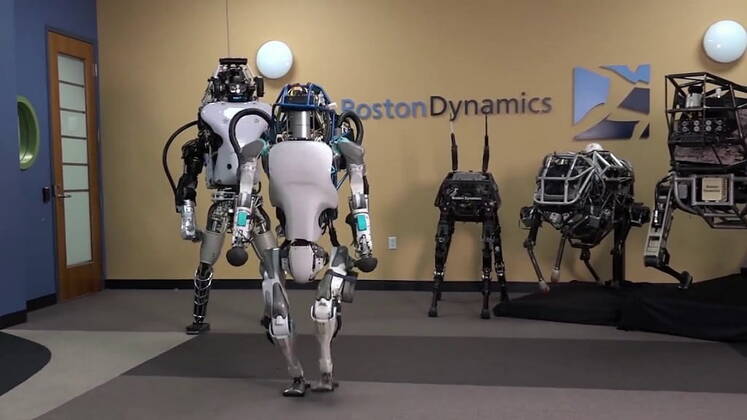Diesel fuel is a liquid product of oil distillation used by rail, agricultural machinery, generators and other plants of very different profiles. The engines of most trucks, as well as some cars, work on it. The number of the latter on the roads is increasing from year to year, but experts are still debating which engines, gasoline or diesel, is less dangerous for the environment.

The main consumers of diesel fuel are rail, road and agricultural transport, photo WEB
So, in the early 2000s, automakers and environmentalists recognized diesel ICEs as “green” because they economically consume fuel and emit a relatively small amount of CO2. But the situation radically changed after 10 years, when it turned out that they also emit the smallest particles of soot, which are extremely dangerous for human health. Now, experts have enough arguments in favor of both types of engines, and a real Cold War broke out between their supporters.
So, in Europe today every second car runs on diesel fuel, which means its safety for the environment is not an idle question. However, while some scientists were looking for incontrovertible evidence of the diesel fuel “purity", others studied the issue from a fundamentally different angle and now loudly declare: the modern method for producing diesel fuel is fundamentally wrong.

Every second car is on diesel fuel in Europe, photo WEB
The production of diesel from oil occurs with the participation of catalysts that accelerate reactions between molecules, reducing the duration of chemical processes. Traditionally, catalysts are located very close to each other to simplify the movement of particles, but a team of scientists from Utrecht and Leuven universities suggested that by reducing the distance between them to a few nanometers, you can get a very unexpected result.
And it did not fail - at the exit of the reaction that occurred, a liquid was obtained that was much more environmentally friendly than classical diesel fuel. To avoid errors, the experiment was repeated three times, but its result remained unchanged.

Catalysts accelerate chemical reactions, turning oil into fuel, photo WEB
Researchers hastened to tell about their experience on the pages of the journal Nature. “Our discovery is absolutely contrary to the principles that the fuel industry has followed for more than half a century!” - say scientists. Moreover, the new technique is so simple that without much effort it can be introduced into large-scale production everywhere and without significant costs. Such a step will make it possible in the coming years to transfer all cars to clean diesel fuel, and this, in turn, will significantly reduce the load on the ecology of the planet.
Attempts to create clean diesel have been undertaken before. For example, in 2015, a German startup Sunfire began work on the production of E-diesel fuel based on the so-called blue oil. To create it, scientists use renewable energy sources (wind, sunlight), as well as water and carbon dioxide. As a result of a number of chemical reactions, a liquid is obtained, which is then processed into an environmentally friendly synthetic diesel.

German startup Sunfire launched production of E-Diesel synthetic fuel in 2015, photo © nationalgeographic.com
This idea could be revolutionary, but despite all efforts, the plant still provides 160 liters of fuel daily, which is not enough to cover the needs of Dresden, where the production is located. At the same time, the methodology of scientists from the Netherlands and Belgium has enormous potential and is able to push the whole world to a large-scale transition to the use of eco-diesel, which does not harm the fragile ecosystem of the planet. Perhaps the era of clean fuels is becoming a reality? We will see soon!




